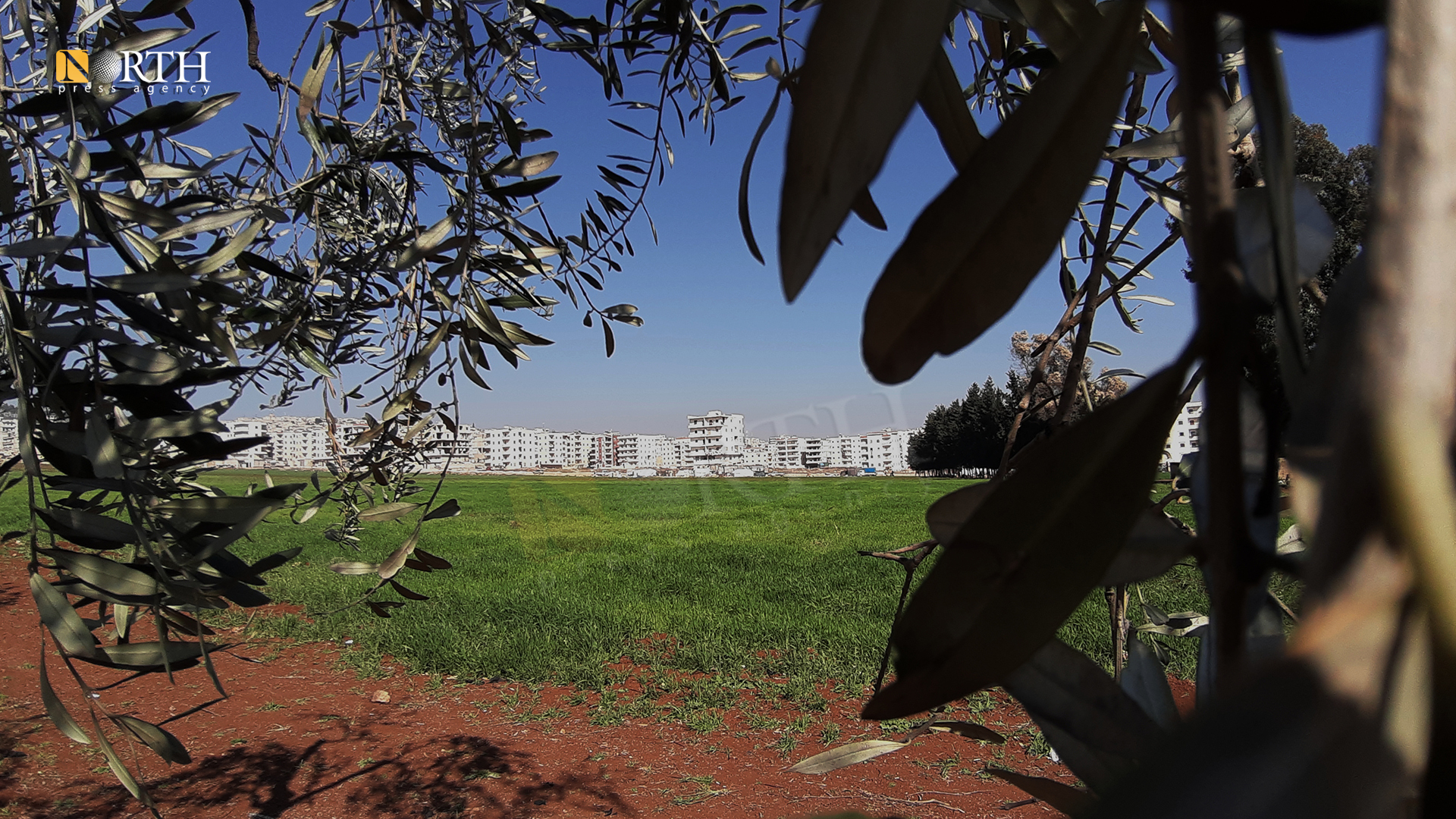Turkish-backed groups arrested 77 people in Syria’s Afrin in February: Human rights group
QAMISHLI, Syria (North Press) – In February, the Violations Documentation Center – North Syria (VDC-NSY) documented the arrest of at least 77 people, including ten women and a child, by Turkish-backed armed opposition groups in northwest Syria’s Afrin.
The center indicated in its report, which it published on Wednesday, that the actual number of detainees is more than the number that has been documented, as some detainees’ families abstain from mentioning their names and other cases are not able to be reached for verification.
Mustafa Abdi, an administrative official at the VDC-NSY, said that most of the arrests are done randomly “for malicious reasons, and some of them are carried out under the pretext that the kidnapped persons are pro-Autonomous Administration or one of its employees.”
“The arrests have even included cleaning personnel who previously worked in the municipalities of the Autonomous Administration,” Abdi said to North Press.
Abdi said that the main aim of the arrests, kidnappings, and the rest of the violations is “to displace the remaining residents of Afrin and to seize their property, real estate, and lands.”
“Causing military chaos and unleashing dozens of terrorist groups is a deliberate Turkish policy. However, it is carried out by the Syrian armed groups under the name of the Syrian National Army affiliated with the Syrian Interim Government…all of this takes place in the presence of the Turkish forces and with their participation,” according to the VDC-NSY report.
Abdi indicated that the arrests and harassment operations are a Turkish goal, because it wants to occupy the land without the population as part of a plan revealed by its president at the United Nations General Assembly when he raised the map of Syria, highlighted the Kurdish regions, and spoke about his plans to settle three million Syrians there.
Turkish forces and Turkish-backed groups “arrest and kidnap citizens for ransom, prevent their families from knowing the location or reasons for their detention, refuse to bring them to trial, and prevent them from appointing a lawyer”, according to the center’s report.
According to Abdi, they are in constant contact with the Office of the United Nations High Commissioner for Human Rights (UNHCR), the UNICEF Office, and the United Nations International Investigation Committee. “We immediately inform them of violations and we enable them to contact and access to victims who survive or get to a safe place,” Abdi added.
He pointed out that they prepare reports every day, and “send them through a coordination office for UN organizations, and we communicate after studying these reports by them and include them as documentary issues to adopt in their reports that are issued every period on the Syrian situation.”

